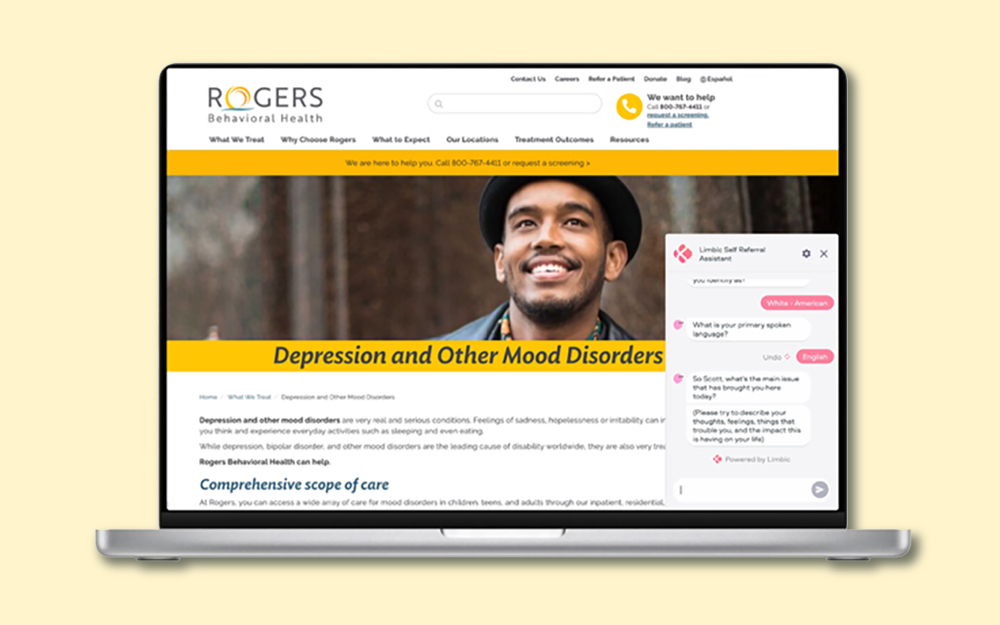
Data confirms significant reductions in inpatient readmission rates
12/17/19 02:49:pm Rogers developed treatment protocols for our inpatient units with the goal to standardize treatment across the three locations and improve outcomes, including a reduction of readmission rates. Based on data from more than 10,000 patients since 2016, key findings show an impressive reduction in inpatient readmission.
Rogers developed treatment protocols for our inpatient units with the goal to standardize treatment across the three locations and improve outcomes, including a reduction of readmission rates. Based on data from more than 10,000 patients since 2016, key findings show an impressive reduction in inpatient readmission.
For the three hospitals, we have measured a 28% reduction in 30-day readmission rates for our care, and on average, our patients experience more than a 50% reduction in the severity of their depressive symptoms. In addition to this, we’re also seeing:
- 31% reduction to AMA (against medical advice) discharges
- 33% reduction in patients experiencing suicidal ideation (as reported by the CSSRS)
- 5.5% reduction in cost per patient day
To succeed in this goal, emphasis was placed on increasing the number of daily therapy groups to reinforce key skills and having a greater emphasis on patient safety and treatment engagement.
“Based on feedback from our inpatient teams, patient safety and treatment engagement were the two biggest areas we needed to focus on when developing the protocol,” stated Brad Riemann, PhD, chief clinical officer.
While our readmission data is impressive, it only tells us whether or not a patient returned to Rogers following discharge. For a more complete look into the success of our protocol, we started to share data with key payors to learn whether patients were admitting to other inpatient facilities.
Medicare reports that since 2016 we have achieved a 24.5% drop in 30-day readmission rates for our patients visiting any inpatient unit, and that we hit a record low rate of 15.7% between October 2018 and September 2019.
“Not only did we confirm that our readmission rate is dropping, but we were told that Rogers is the only organization in our region with improving rates,” Dr. Riemann says. “Another key finding from Medicare was that our 30-day readmission rates decrease when inpatient stays are longer.”
This may seem like an obvious outcome, but having concrete data to show the efficacy of longer stays in our inpatient care and its effect on readmission is vital when advocating on behalf of our patients.
Likewise, United Healthcare Medicaid HMO reports a 52% reduction in 30-day readmission rates since 2016, and their data shows that 91% of those who do readmit within the timeframe did not follow their clinical pathway of stepping down to partial hospitalization or intensive outpatient care.
“It’s critical that we keep emphasizing the importance of stepping down into partial hospitalization and intensive outpatient care,” Dr. Riemann says.





